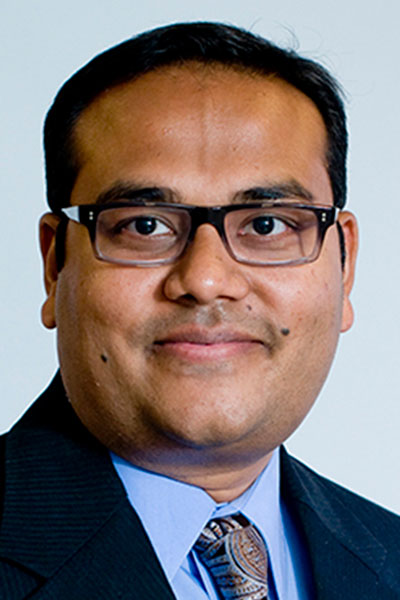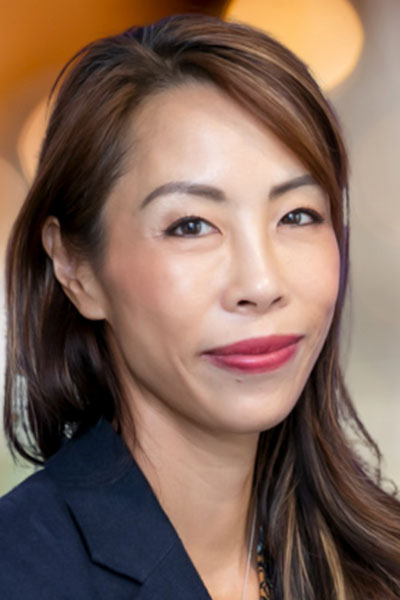
Each year, SABCS® features a robust program with latest research and hot topics in breast cancer and premalignant breast disease, and 2023 is no exception.
Here, State-of-the-Art Session Moderators Aditya Bardia, MD, MPH, and Sherene Loi, MD, PhD, talk about the value of the symposium and why you don’t want to miss this year’s meeting.
Stay tuned for more highlights from session moderators, presenters, and program committee members along with ongoing news, updates, and important information on the 2023 SABCS®.
Why is attendance at SABCS® valuable for those in the breast cancer field?
Dr. Bardia: SABCS® is a must-attend meeting for anyone interested in or connected to breast oncology, be it clinical providers, researchers, regulators, or patient advocates, among others. The meeting provides a unique platform to learn about cutting-edge research, interact with colleagues, and discuss the latest scientific advances in a multidisciplinary setting.

Dr. Loi: The San Antonio Breast Cancer Symposium® is a very valuable breast cancer meeting for those interested in both clinical-translational and scientific aspects related to breast cancer treatment management and research. It provides sessions that are non-parallel, which is good for attendees: panel discussions, spotlight posters, patient discussions, multidisciplinary cases studies, and summaries on clinical implications. There are also many excellent poster sessions, which allow a lot of time for discussion and interaction with the presenters and other attendees.
What topics are you looking forward to diving into more deeply?
Dr. Bardia: I am excited about the upcoming advances related to antibody-drug conjugates (ADCs) and novel therapies to improve outcomes for patients with breast cancer. There are three ADCs approved in breast cancer and a number in clinical development. However, we have limited understanding of biomarkers governing response and resistance to ADCs. This is particularly important as multiple ADCs become approved so we can select the best option at a given time for patients with breast cancer.
Dr. Loi: My interest is the interaction of breast cancer with the immune system, and the implementation of effective immunotherapy treatments. The field is changing rapidly with examples usually being led from other tumor types. Breast cancer is unique regarding its immune tumor microenvironment, and therefore this has specific implications for immune treatment. The result is breast cancer being one of the last solid cancers to see the benefits for patients with the current checkpoint inhibitors. However, the checkpoint inhibitors targeting PD-1 are now standard of care for patients with the triple-negative breast cancer subtype. The San Antonio meeting also offers attendees the potential to see what is coming up in the drug development pipeline and what new molecules are looking efficacious in the breast cancer space.
What are you anticipating learning more about that is outside of your field of specialty?
Dr. Bardia: The field of breast oncology is evolving rapidly, and I look forward to learning more about the multidisciplinary advances in the field. In particular, I am looking forward to innovative approaches to management of metastatic breast cancer, latest developments in diagnostics and therapeutics, and optimal strategies for supportive therapy for patients with breast cancer.
Dr. Loi: I’m interested to learn about recent developments in breast cancer subtypes other than triple-negative breast cancer that may be clinically impactful. I’m also interested to know more about the science and new technologies that may help us dive further into breast cancer biology and help us discover new ways to treat patients. I find it is always good to get updates on recent developments in radiotherapy and surgical oncology treatments in the breast cancer space, which is often well presented at the San Antonio meeting.

